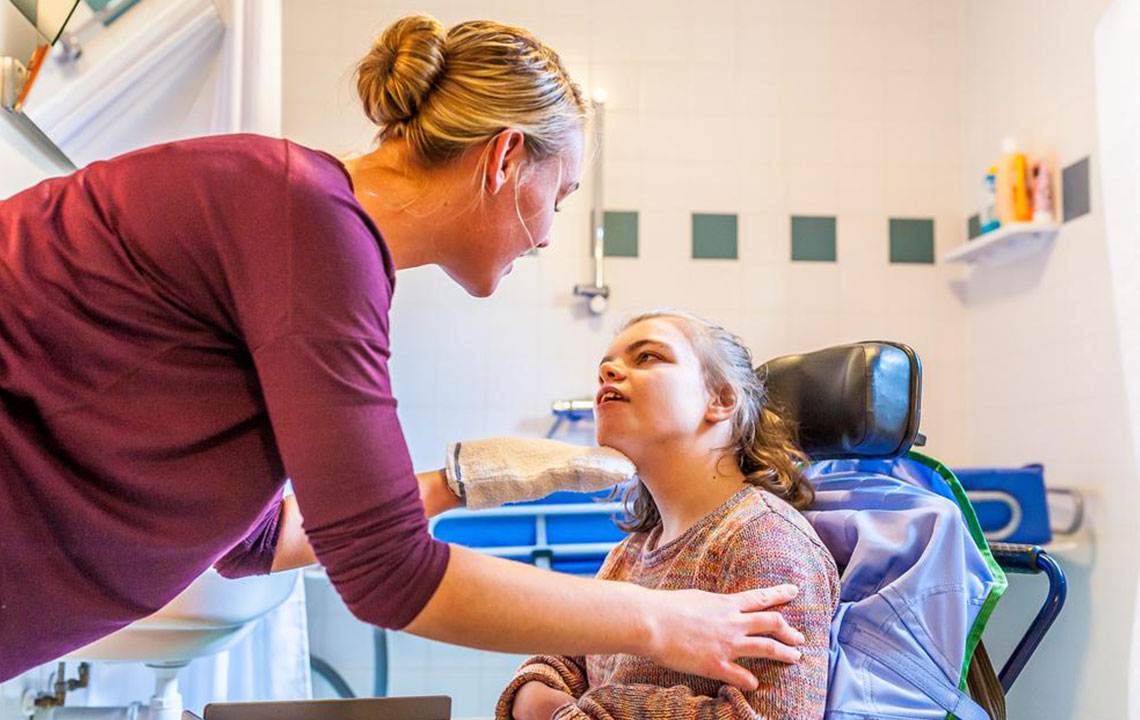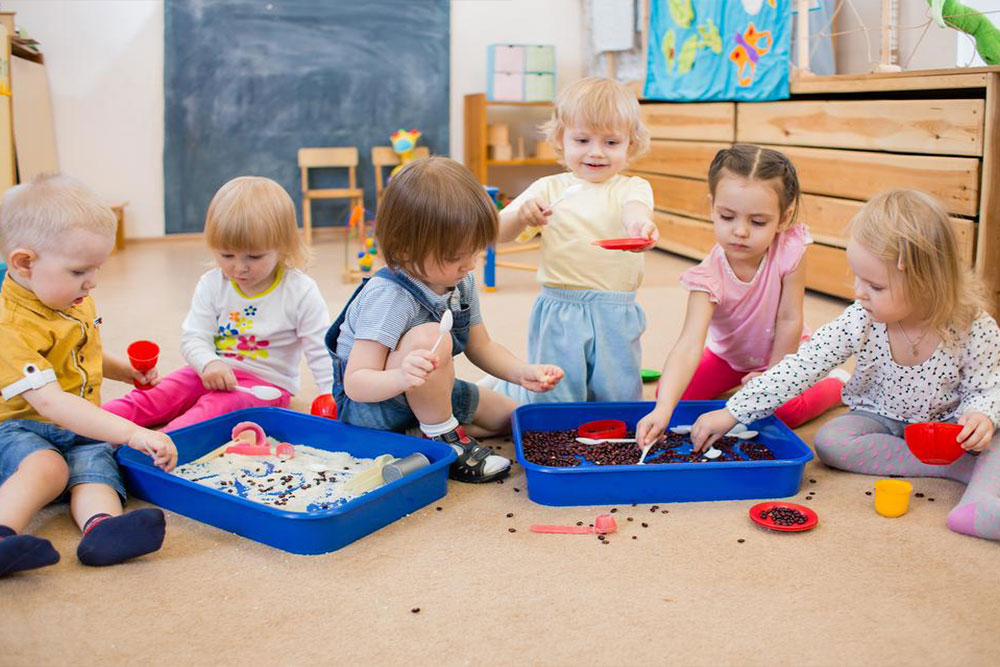Comprehensive Guide to Supporting Children with Special Needs for Optimal Development
Discover comprehensive strategies to support children with special needs. This expanded guide emphasizes patience, social skills development, maintaining routines, encouraging engaging activities, and emotional support. Learn how to foster confidence, independence, and happiness in children with diverse needs to help them reach their full potential and lead fulfilling lives. Designed for parents and caregivers, this detailed article offers practical advice for nurturing resilience and positive growth.

Comprehensive Guide to Supporting Children with Special Needs for Optimal Development
Welcoming a child into the world is one of the most joyous and fulfilling experiences for parents. However, when parents discover that their child has special needs, it can bring about a mix of emotions, challenges, and questions. While a diagnosis of a disability or developmental delay might seem daunting at first, understanding how to support and nurture these children effectively can make a profound difference in their lives. Every child, regardless of their unique needs, has the potential to thrive with the right support, love, and environment. In this comprehensive guide, we explore essential strategies that parents and caregivers can adopt to foster the growth, confidence, and happiness of children with special needs.
Emphasize Patience and Empathy
Patience forms the cornerstone of effective caregiving for children with special needs. These children often require more time to learn new skills, react to situations, or communicate their feelings. Maintaining a calm demeanor and practicing unwavering patience can create a safe and nurturing environment where the child feels understood and supported. It’s important for parents to recognize that progress may be gradual, and setbacks are a natural part of the developmental process. By approaching each day with empathy and optimism, caregivers can foster resilience and a sense of security in their children, enabling them to overcome challenges at their own pace.
Understanding that children with special needs require consistent attention and tailored support, it’s vital for caregivers to remain patient, calm, and persistent. These qualities are key for helping children develop socially, emotionally, and academically. Nurturing their confidence and self-esteem must be at the heart of every interaction, empowering them to reach their full potential.
Facilitate Social Skills Development
Social interaction plays a crucial role in a child's overall development. Encouraging children with special needs to engage with peers can foster friendship, trust, and emotional growth. Organize supervised play dates, participate in group activities, and encourage participation in community events. Such interactions help children build social skills, learn cooperation, and develop empathy. For children with communication challenges, speech therapy or social skills training may be beneficial. Creating a supportive social environment can significantly enhance their confidence and help them forge meaningful relationships which are vital for their mental and emotional wellbeing.
Maintain a Close-to-Normal Daily Routine
Children benefit greatly from a consistent routine, which provides a sense of security and understanding of what to expect each day. It is essential, however, to handle this routine with flexibility and understanding. Always treat your child's disability with positivity; avoid highlighting or dwelling on limitations in front of them. Instead, reinforce their strengths and reassure them that they are capable of leading a fulfilling and productive life. Encourage participation in everyday activities like chores, education, and leisure, tailoring tasks to their abilities. This approach not only supports their development but also promotes independence and self-confidence.
Encourage Engaging and Meaningful Activities
Stimulating a child's curiosity and interests is fundamental to their overall growth. Support their learning by introducing activities that develop their skills, such as arts and crafts, music, sports, or educational games. Celebrate their achievements, no matter how small, to build self-esteem and motivate continued effort. Ensure that activities are enjoyable and adapted to their individual abilities so that they don't feel overwhelmed or left out. Engaging in diverse activities fosters patience, creativity, and problem-solving skills, all of which are important for their independence and success.
Practice Active Listening and Emotional Support
Children facing physical or emotional challenges benefit immensely from attentive listening and compassionate understanding. Encourage them to express their feelings and concerns openly, offering reassurance and guidance. Being a reliable and caring listener reassures children that they are loved and valued, reducing anxiety and emotional distress. It’s important for parents to remain patient and supportive, helping children navigate their feelings and develop resilience. Consistent emotional support strengthens the parent-child bond and creates a foundation of trust that enables children to face life's challenges with confidence.
Every child is unique with their own talents and potential, regardless of disabilities or special needs. The key to helping them lead a successful and fulfilling life lies in nurturing their strengths, addressing their individual challenges, and fostering a positive, supportive environment. Developing confidence, resilience, and independence should be at the core of every caregiving strategy. With love, patience, and proactive support, parents can empower their children to grow into confident, happy, and well-adjusted individuals who can contribute meaningfully to society.





